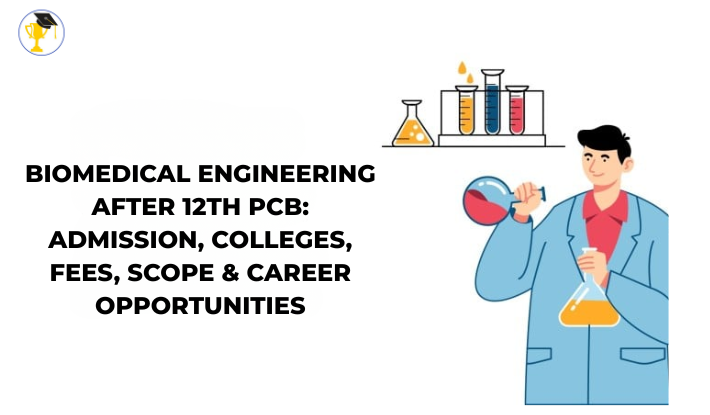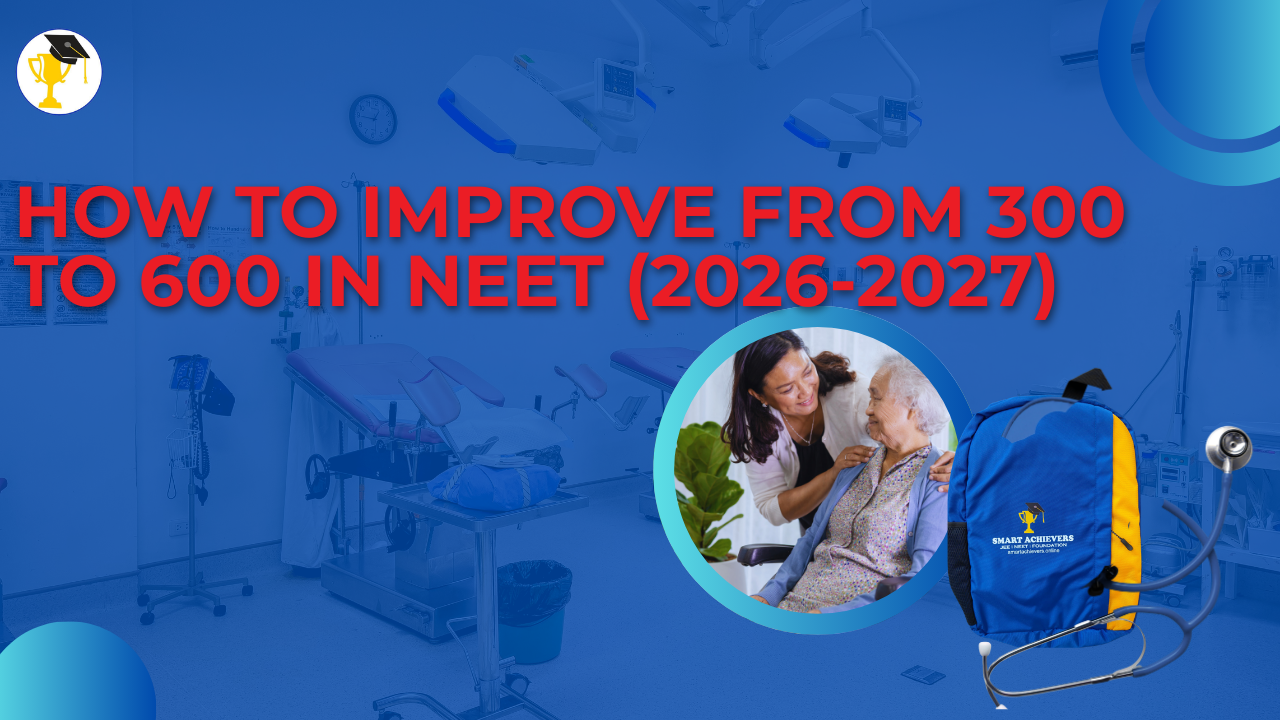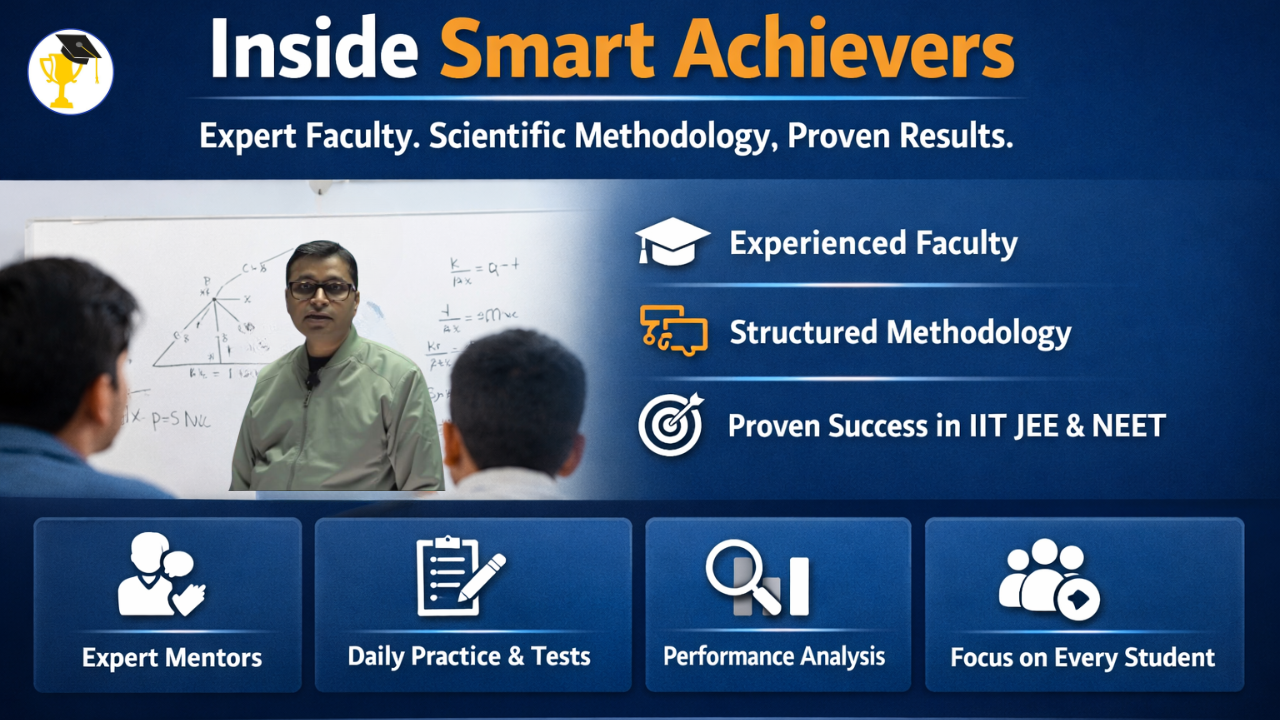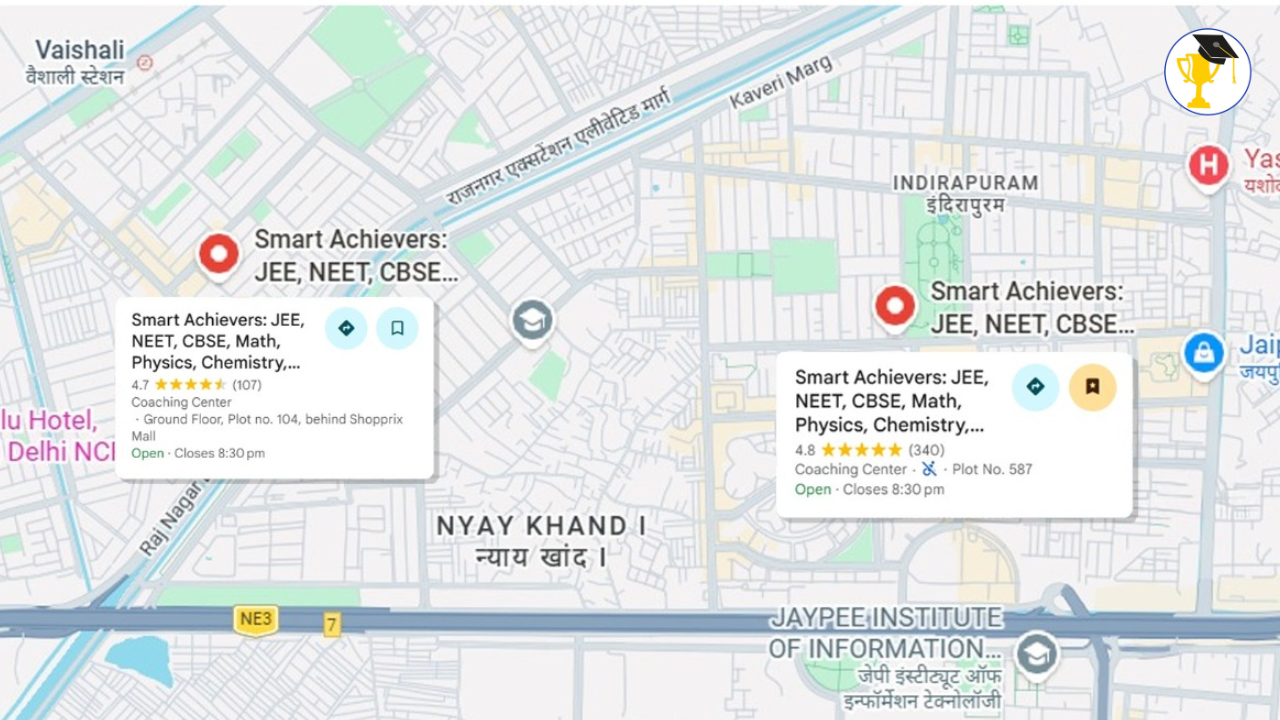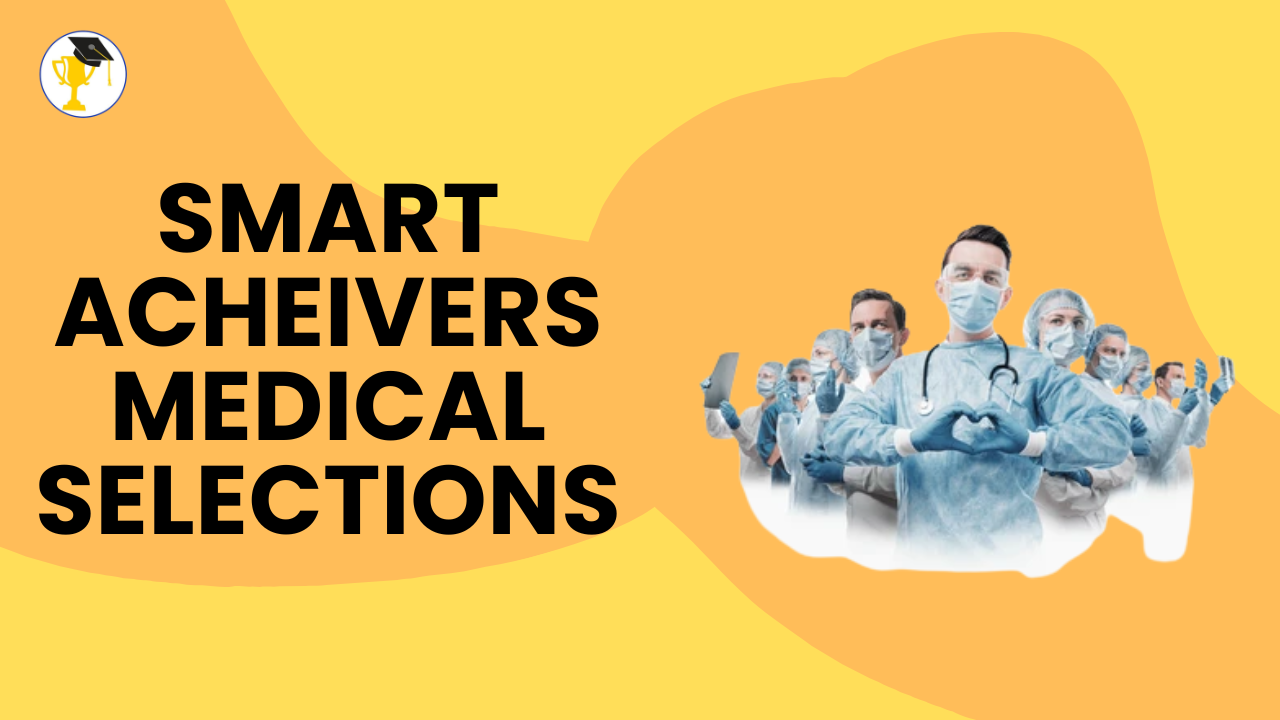Biomedical Engineering After 12th PCB: Admission, Colleges, Fees, Scope & Career Opportunities
In the modern era where science and technology merge to improve healthcare, Biomedical Engineering stands out as one of the most innovative and rewarding career options after 12th PCB.
It combines biology, medicine, and engineering to design medical equipment, artificial organs, diagnostic tools, and healthcare software that save lives every day.
If you’re a student passionate about both science and technology, this is the perfect field for you.
What is Biomedical Engineering?
Biomedical Engineering (BME) is a multidisciplinary branch of engineering that applies the principles of electronics, mechanics, materials, and computer science to solve medical and biological problems.
From MRI machines and prosthetic limbs to AI-driven health devices and robotic surgery, biomedical engineers are behind many of the life-saving innovations in modern medicine.
Courses in Biomedical Engineering After 12th PCB
Students who studied Physics, Chemistry, and Biology (PCB) or PCM in Class 12 can pursue this course.
| Course Name |
Duration |
Type |
| B.Tech. Biomedical Engineering |
4 years |
Undergraduate |
| B.E. Biomedical Engineering |
4 years |
Undergraduate |
| B.Sc. Biomedical Science / Biomedical Technology |
3 years |
Undergraduate |
| M.Tech. Biomedical Engineering |
2 years |
Postgraduate |
| M.Sc. Biomedical Science |
2 years |
Postgraduate |
| Ph.D. Biomedical Engineering |
3–5 years |
Doctorate |
Eligibility Criteria
-
Qualification: 10+2 with Physics, Chemistry, and Biology (PCB) or PCM
-
Minimum Marks: 50–60% aggregate
-
Age Limit: Minimum 17 years
-
Entrance Exams:
-
JEE Main / JEE Advanced
-
CUET (for central universities)
-
State-level exams (KCET, MHT CET, WBJEE, etc.)
-
University-specific exams (VITEEE, SRMJEEE, BITSAT)
Some private universities also offer direct admission based on Class 12 marks.
Top Colleges in India for Biomedical Engineering
Government Colleges
| College |
Location |
| Indian Institute of Technology (IIT) |
Delhi / Bombay / Hyderabad |
| National Institute of Technology (NIT) |
Rourkela / Raipur |
| Delhi Technological University (DTU) |
Delhi |
| Anna University |
Chennai |
| Indian Institute of Science (IISc) |
Bangalore |
| Jawaharlal Nehru Technological University (JNTU) |
Hyderabad |
Private Colleges
| College |
Location |
| VIT (Vellore Institute of Technology) |
Vellore |
| SRM Institute of Science & Technology |
Chennai |
| Manipal Institute of Technology |
Manipal |
| Amity University |
Noida |
| BITS Pilani |
Pilani |
| Lovely Professional University (LPU) |
Punjab |
| Chandigarh University |
Mohali |
Fee Structure
| Type of Institution |
Average Annual Fee (INR) |
| Government Colleges |
30,000 – 1,00,000 |
| Private Colleges |
1,00,000 – 3,00,000 |
Scholarships are available through AICTE, NSP, and institute-level merit schemes.
Core Subjects and Areas of Study
Biomedical Engineering covers a broad range of interdisciplinary subjects such as:
-
Human Anatomy and Physiology
-
Biomedical Instrumentation
-
Medical Imaging (X-ray, MRI, CT)
-
Biomaterials
-
Biomechanics
-
Bioinformatics
-
Tissue Engineering
-
Electronics and Embedded Systems
-
Artificial Intelligence in Healthcare
-
Rehabilitation and Prosthetics Technology
Students also participate in hospital internships, lab work, and final-year projects involving real-world medical innovations.
Scope and Career Opportunities
Biomedical engineers are crucial to modern healthcare — designing, testing, and maintaining devices that improve patient diagnosis and treatment.
The demand for professionals with both medical and technical skills is skyrocketing in India and globally.
Career Roles
-
Biomedical Engineer
-
Clinical Engineer
-
Medical Equipment Designer
-
Research Scientist
-
Biomechanical Engineer
-
Rehabilitation Engineer
-
Regulatory Affairs Specialist
-
Quality Assurance Engineer
Industries Hiring Biomedical Engineers
-
Hospitals & Healthcare Equipment Companies
-
Medical Device Manufacturing Firms (GE Healthcare, Philips, Siemens)
-
Biotechnology & Pharmaceutical Companies
-
Research Laboratories (ICMR, DRDO, CSIR)
-
Government Health Departments
-
Startups in HealthTech and AI
Global Career Opportunities
Biomedical engineers are in demand worldwide — particularly in countries with advanced healthcare infrastructure.
| Country |
Average Salary (INR Equivalent) |
| USA |
60–100 LPA |
| UK |
45–70 LPA |
| Canada |
35–65 LPA |
| Germany |
40–75 LPA |
| Australia |
35–60 LPA |
| Singapore / UAE |
25–50 LPA |
Top Global Employers
-
Siemens Healthineers
-
Medtronic
-
GE Healthcare
-
Johnson & Johnson
-
Boston Scientific
-
Philips Healthcare
With a Master’s or Ph.D. degree, graduates can work in medical R&D, robotics, and global healthcare innovation.
Higher Education Options After B.Tech. Biomedical Engineering
Students can pursue:
-
M.Tech. / M.Sc. in Biomedical Engineering / Biotechnology
-
MBA in Healthcare or Hospital Management
-
M.S. in Biomedical Engineering (Abroad)
-
Ph.D. in Biomedical Science / Bioinformatics
Popular Specializations:
Average Salary in India
| Job Role |
Average Salary (INR/year) |
| Biomedical Engineer |
4–8 LPA |
| Clinical Engineer |
5–9 LPA |
| Research Scientist |
6–10 LPA |
| Product Development Engineer |
6–12 LPA |
| Medical Device Sales / QA |
4–7 LPA |
Experienced professionals and postgraduates can earn INR 15–25 LPA or more in private R&D and multinational firms.
Why Choose Biomedical Engineering After 12th PCB?
Combines biology, medicine, and cutting-edge technology
High global demand in healthcare and research
Opportunities in AI, robotics, and medical innovation
Job opportunities in both government and private sectors
Contribute to improving human health and saving lives
Conclusion
Biomedical Engineering is not just a career — it’s the future of healthcare.
It empowers you to bridge science and innovation, design life-saving devices, and transform patient care globally.
If you have a passion for technology, medicine, and helping people, Biomedical Engineering after 12th PCB offers a thriving and impactful career path with limitless growth.
Also Read this:
https://smartachievers.online/career-options-after-pcb-without-neet
 STUDY MATERIALS
STUDY MATERIALS
 COURSES
COURSES
 MORE
MORE

